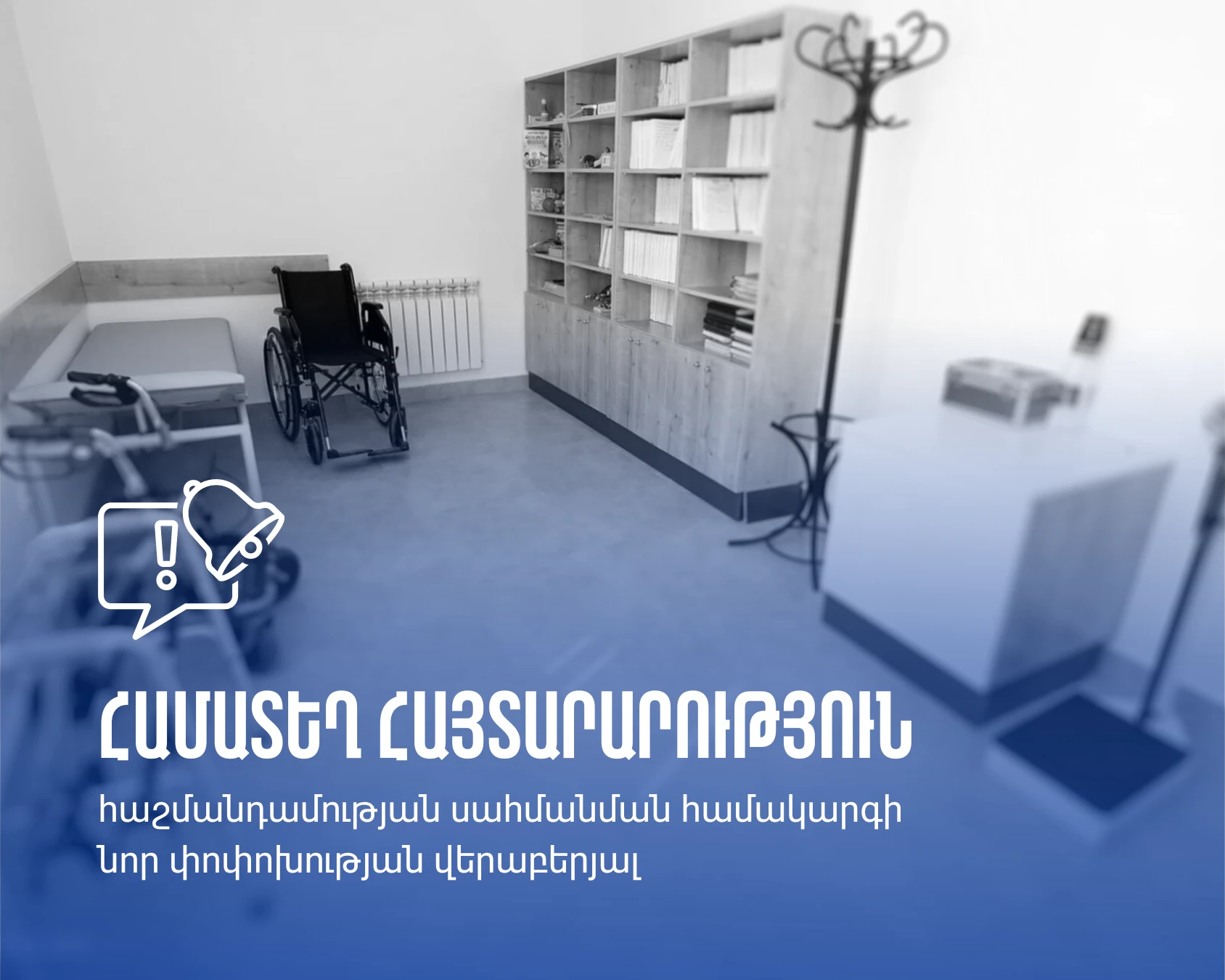On June 27, the government enacted changes and additions to the procedure for assessing a person's functionality. According to the amendment, individuals seeking an individual service plan (ISP) and its associated services must undergo the disability determination process again. This ISP includes guarantees for medical, rehabilitation, educational, professional, and social services, along with necessary support measures.
In practical terms, anyone whose disability was previously assessed under the old medical-social examination system must reapply for disability assesment to access certain assistive devices or services. Consequently, their disability classification (now referred to as the degree of functional restriction) may change, or they might not be classified as having disabilities at all, affecting their disability allowance and other benefits.
This change forces persons with disabilities to choose between two crucial rights: the right to be recognized as a person with disabilities and the right to access essential services.
With this amendment, the state effectively renounces its obligations under valid (including indefinite) administrative acts, violating people's right to legitimate expectations.
Assuming the purpose of this change, we can assert that it will not contribute to removing individuals with false disability documents from the system. These individuals, not needing services, will not apply for an ISP and will continue to benefit from state guarantees. Conversely, those who do need services must go through the disability assessment process again. Anti-corruption measures should balance and respect the rights of persons with disabilities.
The government was required to ensure the meaningful participation of persons with disabilities and their representative organizations when discussing the amendment, which did not occur. The UN special rapporteurs previously communicated to the government that conducting public discussions solely through e-draft.am does not meet the UN Convention on the Rights of Persons with Disabilities requirements.
The Ministry of Labor and Social Affairs of the Republic of Armenia, representing the project, also failed to meet the requirement to send drafts of normative legal acts related to human rights to the Human Rights Defender (Ombudsperson) of the Republic of Armenia for an opinion.
Beyond violating multiple legal requirements, the government should have considered several factors:
- The disability assessment process is time-consuming and stressful, especially given individuals' previous negative experiences.
- The amendment imposes an additional burden on persons with disabilities rather than simplifying the process.
- The change does not facilitate the timely and easy access to needed services.
- There is low awareness of the new assessment system, making it difficult for persons with disabilities to make informed decisions.
- The new system lacks transparency and does not align with the human rights approach to disability.
We, the organizations and individuals advocating for the rights of persons with disabilities, believe this decision undermines trust in public authorities and their decisions, violates the constitutional right to proper administration, and discriminates based on disability.
We call on the Government of the Republic of Armenia to revoke the decision.
"Disability Rights Agenda" NGO
"We Can" NGO for the Protection of the Interests of Youth, Children with Intellectual Disabilities and Their Families
“Agate” Rights Defense Center For Women With Disabilities NGO
“Havasar” Education Foundation
"Equal Rights, Equal Opportunities" Organization of Persons with Disabilities
"Lusastgh" NGO
"Pathway to equality" NGO
Sipan Asatryan
Arevik Melkonyan
Narine Ghukasyan
Vahan Dishlanyan
Vahan Sargsyan
Hayk Mkrtchyan
Lusine Ghazaryan
Karine Stepanyan

